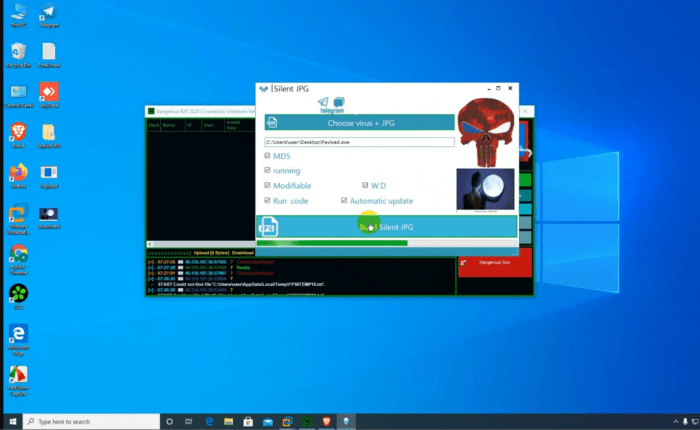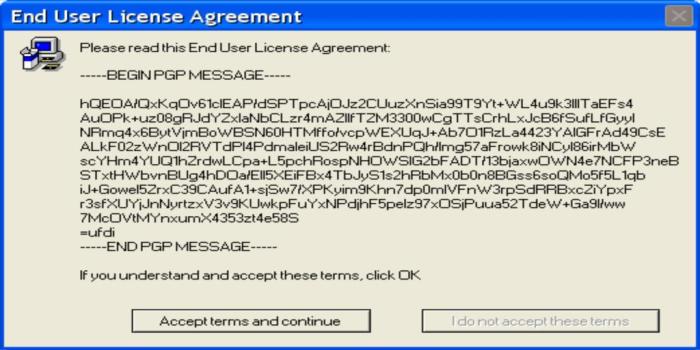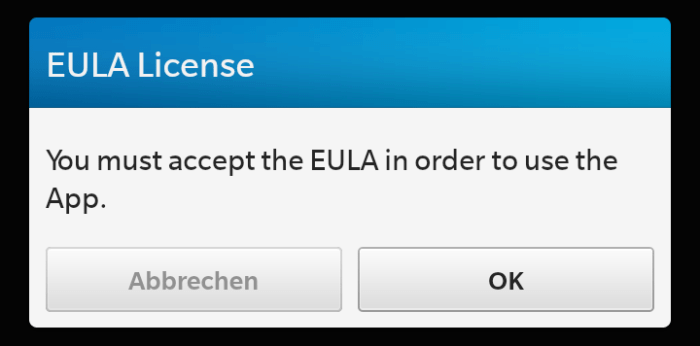End user license agreements can allow highly invasive scans – End user license agreements (EULAs) often grant software developers permission to conduct highly invasive scans on users’ devices. These scans can collect a wide range of personal data, including browsing history, location data, and even financial information. While EULAs are legally binding contracts, many users are unaware of the risks they pose to their privacy.
This article will explore the implications of EULAs that allow invasive scans. We will discuss the legal and ethical issues involved, as well as the potential consequences for users’ privacy. We will also provide recommendations for protecting your privacy in the context of EULAs.
Understanding End User License Agreements (EULAs)
End User License Agreements (EULAs) are legal contracts that govern the use of software or hardware products. They define the terms and conditions under which users can access and utilize these products.
EULAs are crucial because they establish the rights and responsibilities of both the user and the software/hardware provider. They specify the limitations on the user’s usage of the product, including restrictions on copying, modification, and distribution.
EULAs also have legal implications. By agreeing to the terms of an EULA, users acknowledge their acceptance of the limitations and conditions imposed by the provider. Violation of these terms may result in legal consequences.
Invasive Scans and EULAs: End User License Agreements Can Allow Highly Invasive Scans

Invasive scans refer to unauthorized or excessive scans of a user’s system or device without their explicit consent. These scans can compromise privacy and security by gathering sensitive information, such as browsing history, personal data, and system configurations.
EULAs can grant permission for invasive scans in several ways. For example, they may include clauses that allow the provider to collect diagnostic data or perform updates and security checks. In some cases, these clauses may be vague or overly broad, giving the provider excessive authority to conduct invasive scans.
The potential consequences of allowing invasive scans through EULAs are significant. They can result in the loss of privacy, data breaches, and even identity theft.
Privacy Concerns and EULAs

The privacy implications of invasive scans allowed by EULAs are a major concern. These scans can gather sensitive information about a user’s activities, preferences, and personal data.
The ethical considerations related to such scans are also significant. Users have a right to privacy and autonomy over their personal information. Invasive scans without their explicit consent violate this right and raise concerns about data misuse and surveillance.
To protect privacy in the context of EULAs, users should carefully review the terms and conditions before agreeing to them. They should also be aware of the potential privacy risks associated with invasive scans.
Legal and Regulatory Aspects

The legal and regulatory frameworks governing EULAs and invasive scans vary across jurisdictions. In some regions, there are specific laws and regulations that address the issue of invasive scans in EULAs.
However, there may be gaps or inconsistencies in existing laws and regulations. Some EULAs may contain clauses that are not compliant with privacy laws, leaving users vulnerable to invasive scans.
Potential reforms or amendments to address these issues include strengthening privacy laws, requiring clearer and more specific language in EULAs, and providing users with more control over the collection and use of their personal data.
User Awareness and Education
User awareness regarding invasive scans in EULAs is crucial. Many users may not be aware of the potential risks associated with these scans and may unknowingly agree to EULAs that grant excessive permissions.
Strategies for educating users about these risks include public awareness campaigns, educational resources, and warnings from consumer protection agencies.
Consumer protection agencies have a role to play in raising awareness about invasive scans and advocating for stronger privacy protections in EULAs.
Question & Answer Hub
What are EULAs?
EULAs are legal agreements that govern the use of software. They typically include terms that limit the user’s rights to use the software, as well as provisions that allow the software developer to collect data from the user’s device.
What are invasive scans?
Invasive scans are scans that collect a wide range of personal data from a user’s device. This data can include browsing history, location data, and even financial information.
Why are EULAs that allow invasive scans a threat to privacy?
EULAs that allow invasive scans allow software developers to collect a vast amount of personal data without users’ knowledge or consent. This data can be used to track users’ online activity, target them with advertising, and even commit identity theft.
What can users do to protect their privacy from invasive scans?
Users can protect their privacy from invasive scans by reading EULAs carefully before agreeing to them. They should also be aware of the risks posed by EULAs and take steps to protect their privacy, such as using privacy-enhancing software and browsing the web incognito.